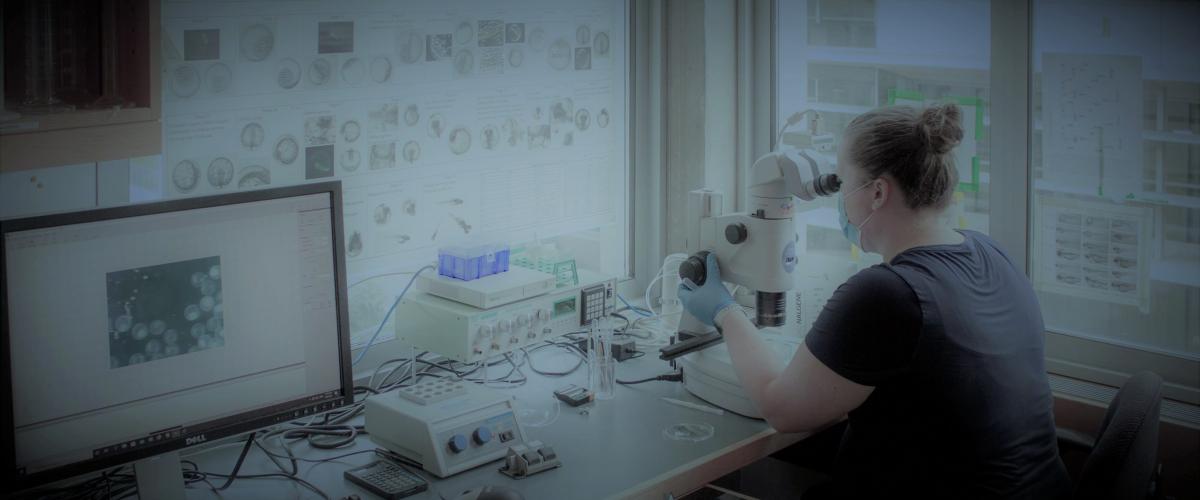
Aging Center Research Integrity Resources
The primary goal of the Aging Center is to make significant research contributions to the study of aging and to educate future gerontologists and researchers in fields relevant to the study of aging. Research conducted by the >100 Duke Scientists and scholars from a multitude of disciplines includes multidisciplinary, biologic, clinical, and social and behavioral research. The resulting diversity in investigators and research activities necessitates the articulation and implementation of a plan to promote standards for research, including open, honest, and critical research-centered discussions among faculty, staff, trainees, and all others affiliated with Center research.
In alignment with the leadership of the Duke School of Medicine the Aging Center embraces these important principles:
- We foster an environment where scientific integrity is the highest priority.
- We emphasize high-quality reproducible data and results.
- We value constructive critiques of research.
- We allow open discussion of any concerns regarding research conduct or integrity.
Responsible Conduct of Research (RCR) broadly refers to a code of ethical conduct that researchers should abide by on a daily basis. RCR education strives to promote ongoing discussion and examination of research operating procedures (including experimental design, data analysis, data management), academic and collegial relationships and collaborations, and the ethical considerations accompanying studies and the research culture itself. Making ethical and practical decisions requires practice, periodic reflection and discussion to learn and experiment with different approaches.
The Duke Faculty and Staff RCR Program strengthens our foundation in research integrity and ethics and requires all faculty and staff engaged in research to participate in ongoing Responsible Conduct of Research (RCR) courses.
The ongoing RCR education requirement for faculty and staff is to complete one online, self-directed course (RCR 100) every three years and one collaborative (RCR 200) course every three years.
Learn more at the website of the Duke Office of Scientific Integrity